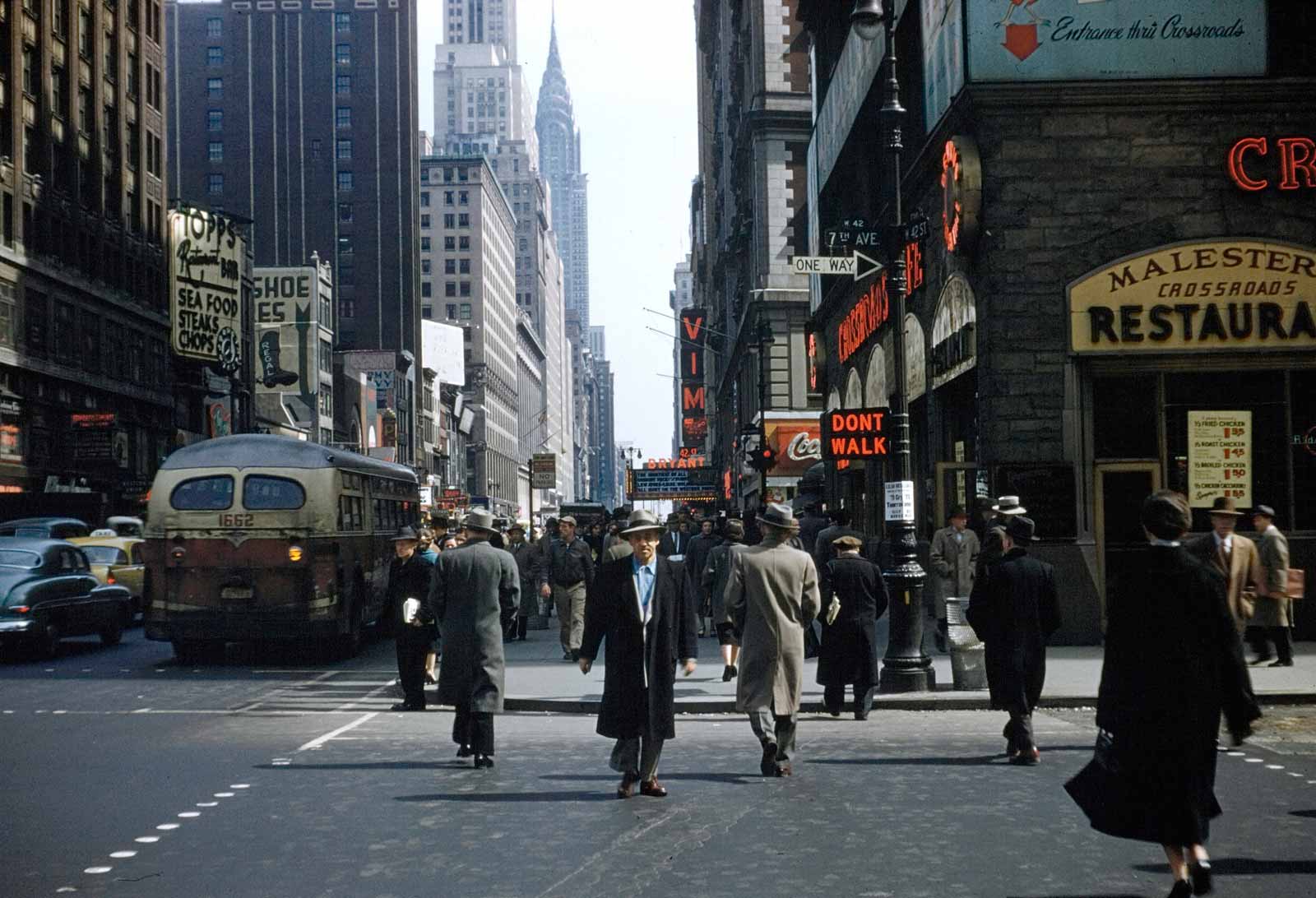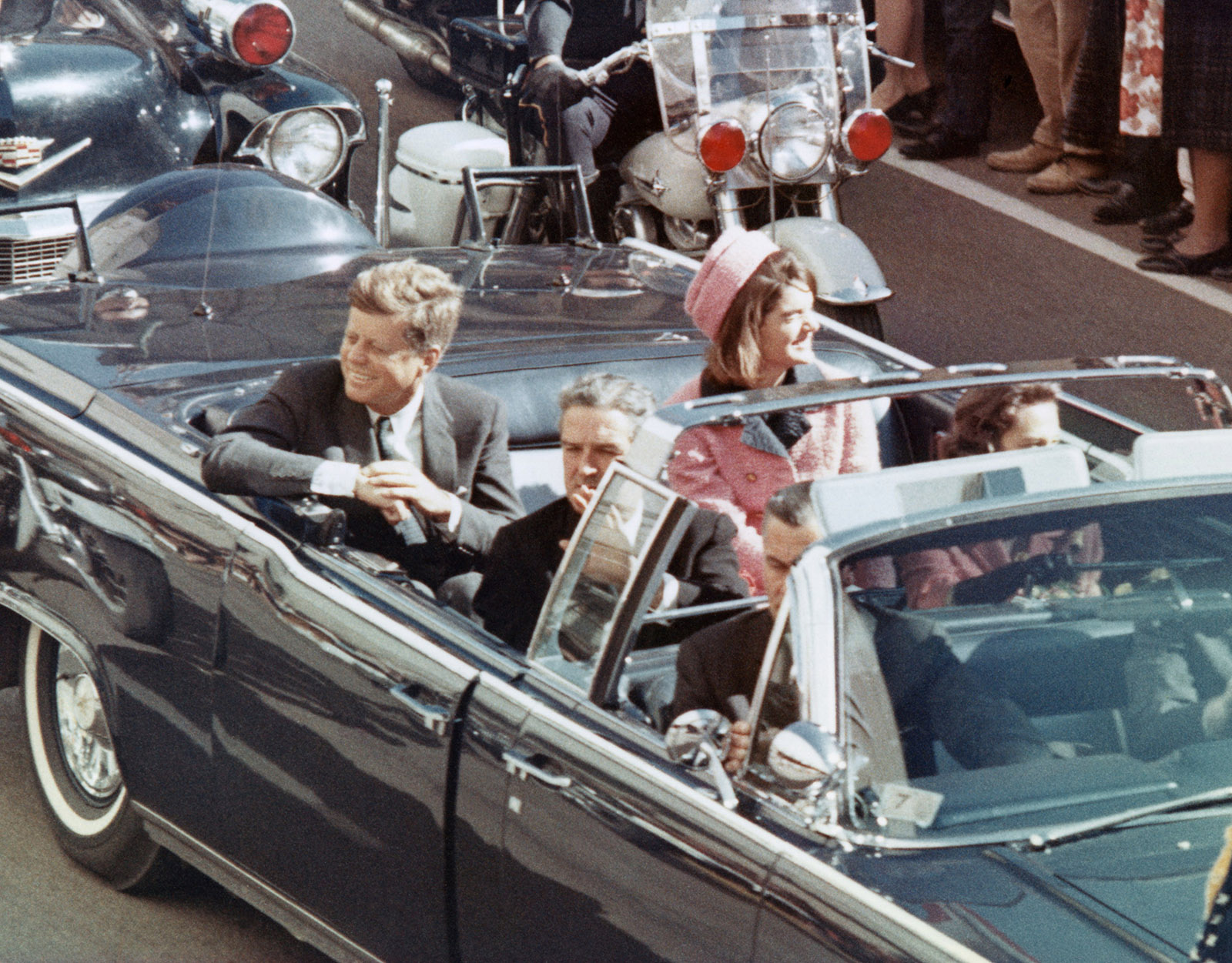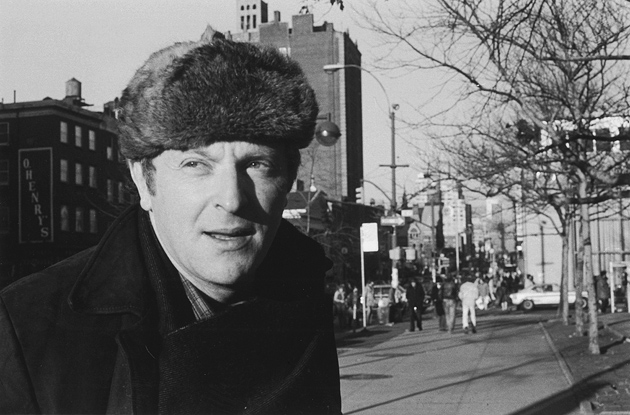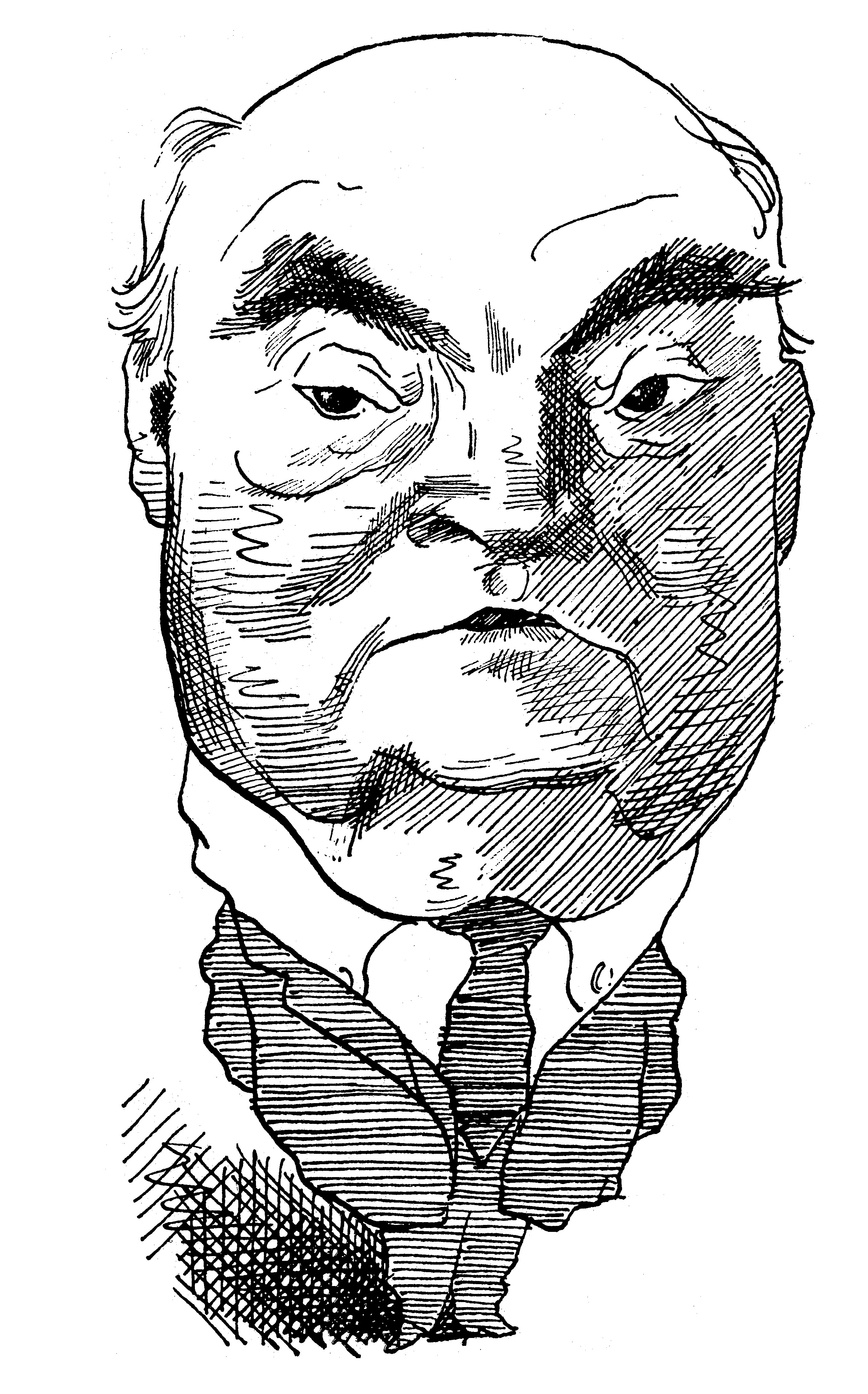Fifty-five years ago, The New York Review published its first issue. To celebrate the magazine’s emerald anniversary, in 2018 we will be going through the archives year by year, featuring some of the notable, important, and sometimes forgotten pieces that appeared in its pages. You can follow us on social media (Facebook and Twitter) for links to archival highlights along with the newest articles, and you can sign up for our twice-weekly email newsletter for periodic updates.
The Review’s very first edition (Special Issue, Twenty-five Cents) featured on its cover F.W. Dupee’s review of The Fire Next Time by James Baldwin, and an alphabetical list of contributors: from W.H. Auden and John Berryman to Norman Mailer and Mary McCarthy, Adrienne Rich, William Styron, Gore Vidal, and Robert Penn Warren among others. The issue included a short note, addressed To the Reader: “The hope of the editors,” they wrote, “is to suggest, however imperfectly, some of the qualities which a responsible literary journal should have and to discover whether there is, in America, not only the need for such a review but the demand for one.” Readers were invited to comment.
A second issue (Special Issue of Spring and Summer Books, 35¢) appeared several months later, and printed many letters of support for the new venture. “This is surely too good to last,” wrote Eric Havelock, “What springs in the desert! I have by turns laughed, cheered and fallen into meditation while perusing your first issue. Can you keep it up?”
They could and did, publishing a third issue, this one dated September 26, 1963: Volume I, Number 3. “Great writers are either husbands or lovers,” began the cover essay, by Susan Sontag, writing about Albert Camus’s notebooks.
Six more issues were published that first year. The Review was just getting started.
1963
The Fate of the Union: Kennedy and After
In a special issue, published just weeks after the president’s assassination in Dallas, fourteen contributors considered the legacy of John F. Kennedy and the fate of the country.
Norman Mailer: What one has written about Kennedy was not reverent. Now, in the wake of the President’s assassination, a sense of real woe intrudes itself. For it may be that John F. Kennedy’s best claim to greatness was that he made an atmosphere possible in which one could be critical of him, biting, whimsical, disrespectful, imaginative, even out of line.
Richard Hofstadter: The circumstances of this death were as cold and cruel, as capricious and senseless as the world we live in. We have barely awakened from the nightmare and have only begun to absorb the tragedy. It is too early to expect of ourselves a sane estimation of the extent of the disaster.
David Riesman: The organizational weight and media outlets possessed by the radical right help constantly to polarize discourse so that the minority who hold a less negative and emaciated vision cannot even always hold on to it, let alone get it discussed and its detailed consequences examined and tried out.
Hannah Arendt: Will the day come when we are forced to see in this tragedy a historical turning-point? To think in terms of comparisons, to apply historical categories to contemporary events is tempting, for to anticipate the future historian is to escape the terrible reality and naked horror of a tragedy that is only too present. And it is misleading; for the future, which depends upon ourselves and our contemporaries, is unpredictable, and history begins only when the story it has to tell us has come to its end.
1964
Coming Up For Air
One of the central concerns of The New York Review from its earliest days has been human rights, and the magazine was a staunch supporter of dissident writers in the Soviet Union and elsewhere. Here, Helen Muchnic discusses the work of a number of them, beginning with the case of a young Russian poet who would go on to publish often in the Review—including, years later, his Nobel lecture.
On the 18th of February of this year, a twenty-four-year-old Russian poet, Josif Brodsky, was brought to trial in Leningrad. His work is little known, but by some of the most reliable judges of Russian literature it is considered exceptionally fine. The charge against him was social uselessness; he had no regular employment, was not connected with any institution, was, in short, a parasite:
Judge: Answer why you have not worked.
Brodsky: I have worked. I have written poems.
Judge: We are not interested in that. We are interested in which institution you have been connected with.…
1965
The Strange Case of Nabokov and Wilson
In the July 15, 1965 issue, Edmund Wilson reviewed his friend Vladimir Nabokov’s translation of Eugene Onegin. “This production, though in certain ways valuable, is something of a disappointment,” Wilson began, continuing on for six thousand words to describe what he saw as its weaknesses. Nabokov replied at length, in one of the famous exchanges that would become a hallmark of the Review.
Advertisement
To the Editors:
As Mr. Wilson so justly proclaims, we are indeed old friends. I fully share “the warm affection sometimes chilled by exasperation” that he says he feels for me. In the 1940s, during my first decade in America, he was most kind to me in various matters, not necessarily pertaining to his profession. I have always been grateful to him for the tact he showed in refraining from reviewing any of my novels. We have had many exhilarating talks, have exchanged many frank letters. A patient confidant of his long and hopeless infatuation with the Russian language, I have always done my best to explain to him his mistakes of pronunciation, grammar, and interpretation. As late as 1957, at one of our last meetings, we both realized with amused dismay that despite my frequent comments on Russian prosody, he still could not scan Russian verse. Upon being challenged to read Eugene Onegin aloud, he started to do this with great gusto, garbling every second word and turning Pushkin’s iambic line into a kind of spastic anapaest with a lot of jaw-twisting haws and rather endearing little barks that utterly jumbled the rhythm and soon had us both in stitches.…







